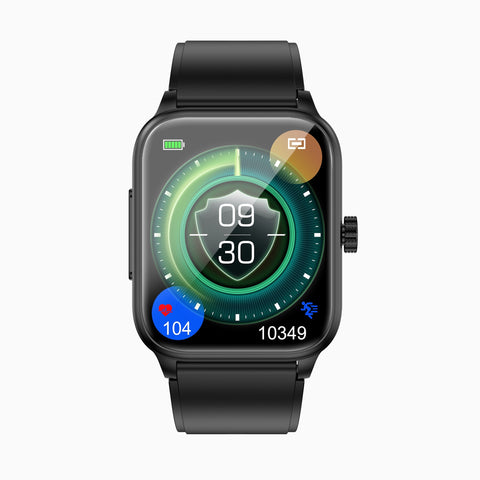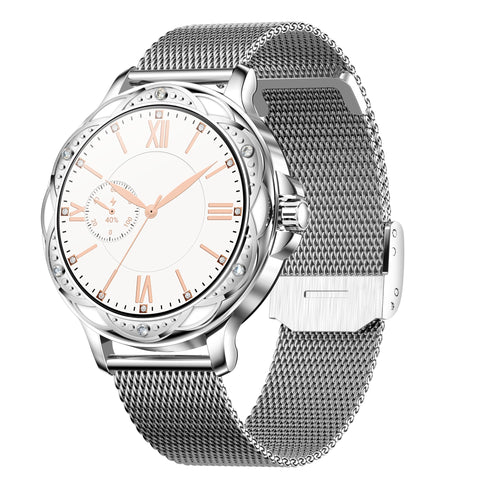Sleep Tracker Smart Watch
In our modern, interconnected world, artificial light has become an integral part of our daily lives. However, the ubiquity of bright lights, especially during the nighttime hours, may be impacting our health in ways we don't often consider. In this blog post, we will delve into the effects of exposing ourselves to excessive bright light at night and explore how it can disrupt our sleep, affect our circadian rhythm, and potentially contribute to various health issues.
The Circadian Rhythm Disruption:
-
Sleep Quality and Quantity: Exposure to bright light at night, especially from electronic devices like smartphones, tablets, and computers, can interfere with our natural sleep-wake cycle. The blue light emitted by these devices suppresses melatonin production, the hormone responsible for regulating sleep, making it harder to fall asleep and stay asleep.
-
Disrupted Circadian Rhythm: Our bodies follow a circadian rhythm—a natural, internal process that regulates our sleep-wake cycle. Too much bright light at night confuses our circadian rhythm, as our bodies perceive it as daytime. This disruption can lead to irregular sleep patterns, fatigue, and difficulty concentrating during the day.
Health Implications:
-
Increased Risk of Chronic Diseases: Prolonged exposure to bright light at night has been linked to an increased risk of chronic diseases such as obesity, diabetes, and cardiovascular issues. Disrupted sleep and circadian rhythm imbalance can contribute to metabolic disturbances, impacting overall health.
-
Mood and Mental Health: Bright light exposure at night can also affect our mood and mental health. It may contribute to symptoms of depression and anxiety by disrupting the production of serotonin, a neurotransmitter that plays a crucial role in regulating mood.
Mitigating the Impact:
-
Blue Light Filters: Use blue light filters on electronic devices, or better yet, avoid using them at least an hour before bedtime. This can help minimize the negative impact of artificial light on melatonin production.
-
Create a Sleep-Friendly Environment: Dim the lights in your living space as bedtime approaches. Consider using warm-toned, dim lights in your bedroom to signal to your body that it's time to wind down.
-
Establish a Bedtime Routine: Establishing a consistent bedtime routine helps signal to your body that it's time to prepare for sleep. Engage in calming activities such as reading or meditation to promote relaxation.
In a world that never sleeps, it's crucial to recognize and address the potential consequences of too much bright light at night. By understanding how artificial light affects our sleep, circadian rhythm, and overall health, we can make informed choices to mitigate these effects. Striking a balance between our modern lifestyle and the body's natural rhythms is essential for achieving a healthier and more rejuvenating night's sleep. So, as the sun sets, consider dimming the lights, unplugging from bright screens, and allowing your body to embrace the rest it deserves. Your health will thank you for it.
As you begin your journey to improved sleep hygiene and overall health, consider incorporating a Twellmall smartwatch into your daily routine. It monitors your sleep and various body data, allowing you to make conscious choices about your digital exposure, especially during the critical moments before bed.













